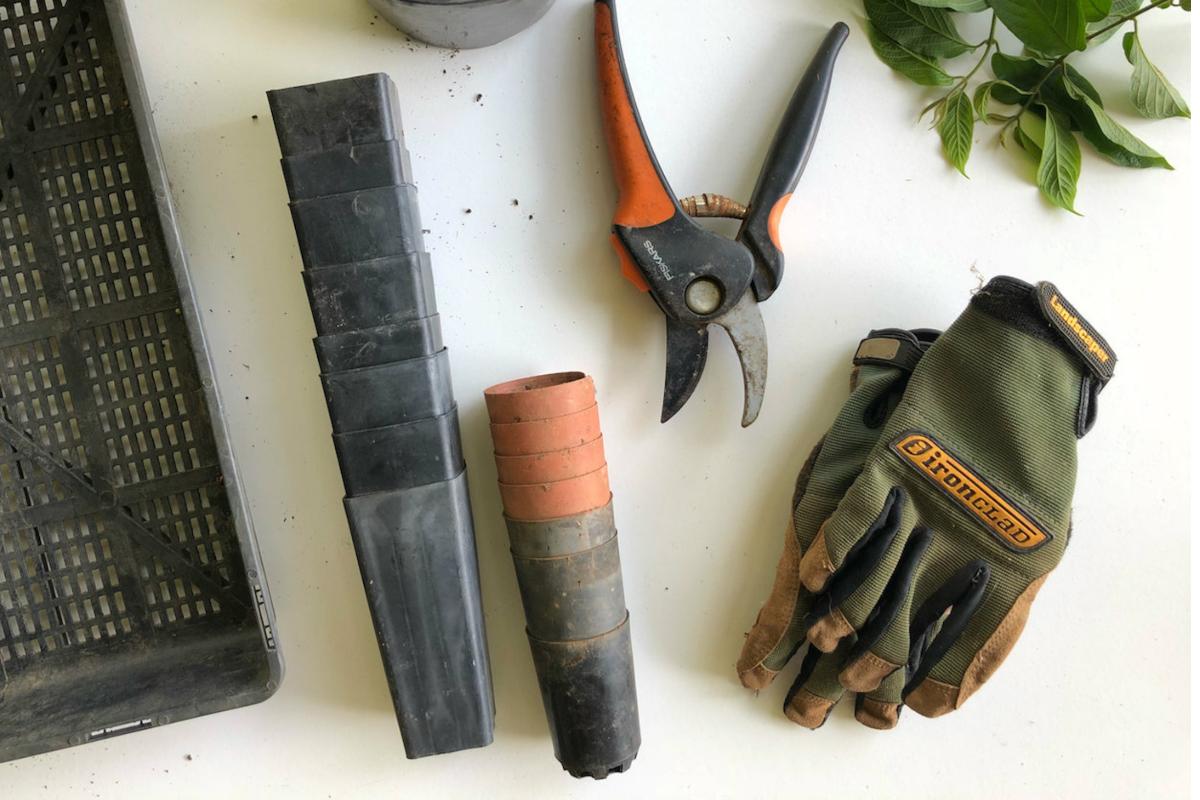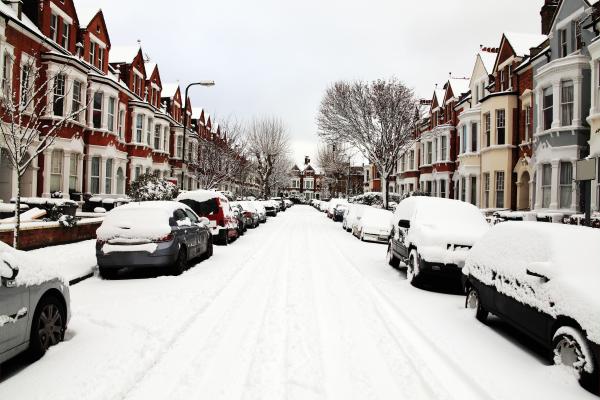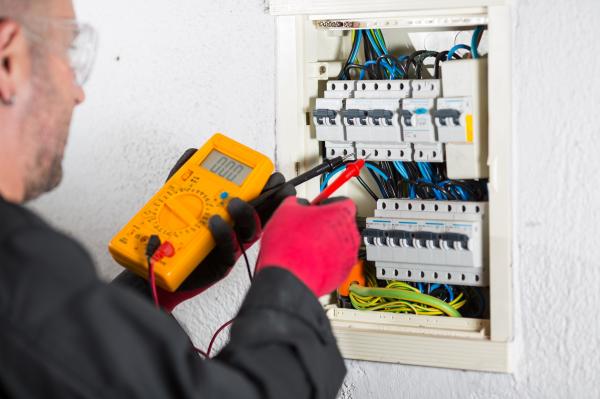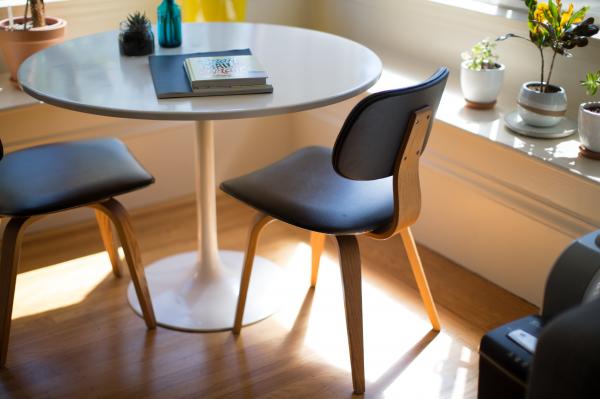
As a tenant a garden can either be a blessing or a curse. If
you've a family or enjoy gardening an outside space will be a big positive for
you. On the other hand, if the thought of digging out a flower bed or mowing a
lawn leaves you cold, you may think a garden is more trouble than it's worth.
Of course, if you rent an apartment you won't have to think
about a garden. A window box or potted plant in the corner will be the extent
of your horticultural interests. But most houses will have a garden. Probably
two unless the front has been paved over or opens onto the street.
But if you do rent a house with a garden what can, and can't
you do? What are your responsibilities when it comes to maintenance? And what
can the landlord demand you do? We'll try to answer the questions you may have
here.
What are your responsibilities as a tenant?
Your tenancy agreement will stipulate you need to look after
the garden. To keep it in reasonable condition. If you don’t, the landlord
could withhold money from your security
deposit. But you're not expected to be able to do anything more than the
average person would be able to do. However, you should regularly mow the lawn.
You should also trim hedges and ensure the area is kept litter free.
That doesn't seem too onerous. But what if you really don't
like gardening? It's OK. Plenty of us don't. But as a tenant you have to keep
the property in reasonable condition. At the end of the lease you must hand
back the property in the same state it was when you moved in. This applies to
the garden and outside areas as much as the interior of the house. So, as a
tenant you really need to grab the bull by the horns - or the mower by the
handles - and do the basics. But it’s not reasonable to expect you to maintain
award winning roses or cut the branches from an overhanging tree for example.
When the landlord's a keen gardener
Check your tenancy
agreement. Your only responsibility may be to allow access to a contractor.
Some landlords, especially those with a portfolio of properties, may use a
gardening service. Once a month perhaps a crew will arrive to give the garden a
makeover. This will suit you down to the ground if you haven't got green
fingers. You get all the benefit of a garden without having to look after it.
What are the landlord's responsibilities?
The landlord will expect you to maintain the garden. To keep
it to the same standard as it is when you move in. At the start of the tenancy the inventory will
include photos of the garden. Only sign the inventory if the pictures are an
accurate portrayal of the garden as it is when you move in.
The landlord will take responsibility for specialist repairs
and maintenance. The aforementioned tree surgery for example. Or repairing
fences. But it's your responsibility to inform the landlord of any repairs
which need doing and you should do this promptly. Don't wait for a fence to
fall down before you report a broken post.
7 things to consider before you rent a house with a garden
1) How big is the garden?
If you're not a gardener a smaller space would be more
suitable. Conversely if you enjoy gardening the bigger the better. Can’t decide
between two properties? Go for the one with the most suitable garden.
2) Do you have the tools?
If you haven't had a garden before you may not have all the
tools you need. You'll have to factor in the expense of buying what you
require. Or can you borrow them? Alternatively, does the landlord supply the
basic tools you'll need? Some landlords will keep a lawnmower in the shed along
with rakes, shears and brushes.
3) What about security?
Gardens should be relaxing spaces. But unfortunately, they
can also provide access for intruders. Sheds and outbuildings are particularly
vulnerable. Does the garden have secure fencing and lockable gates? Is there
security lighting? Has the landlord provided CCTV? Security
in rental properties is important. Make sure the garden isn't a security
risk.
4) What's the condition of the garden?
Is it neglected or well cared for? If you like being in the
garden is there too much work to do? Or can you enjoy the garden from your
first day in the house?
5) How easy is the garden to maintain?
If the 'garden' is a few tubs or containers on a bed of
decorative gravel you won't have to spend much time looking after it. On the
other hand, if there's a lawn, borders and flower beds you're going to have
some work to do. Do you have the time, skills and inclination to look after a
garden? Factor this into your decision-making process on whether you should
rent the property or not.
6) Does the landlord use a gardening service?
Happy days. You can sit back and relax while the experts do
their thing. Enjoy the garden without the worry of weeding, mowing and trimming
hedges.
7) Is the garden a communal space?
If so, what are your rights of access? Who is responsible
for maintaining the space? A communal garden can cause issues with other
tenants. Consider carefully if a shared space is something you're OK with.
Tenants can find their ideal property
faster with MakeUrMove the online letting platform bringing landlords and
tenants together.







